Content
- ‘Unwinding’ with alcohol
- How long does anxiety last after drinking?
- Children of alcoholics (COA’s) do not have an increased risk for major depressive or anxiety disorders
- Alcohol’s Effects
- The Relationship Between Alcohol and Panic Attacks
- This Is Why You Have Anxiety After Drinking, According to Science
Many people drink alcohol to take the edge off their anxiety without realizing that this is actually making the symptoms of anxiety far worse. Alcohol abuse and anxiety disorders often go hand-in-hand, and in doing so will inevitably not only impact one another, but also a person’s ability to function normally beyond just the bounds and limitations of their anxiety disorders. In today’s fast-paced and busy world, anxiety disorders are common. Everyone has a unique life and faces various challenges and situations which can lead to anxiety symptoms. Anxiety disorders are characterized by sensations of worry, dread, and unease, and anxiety symptoms can be typical stress responses. This occurs when we feel too much pressure or an imposing threat when we are in certain situations we feel are unmanageable.
- According to the National Institute on Mental Health approximately 18% of adults experience symptoms of anxiety in a given year, and anxiety has a lifetime prevalence of about 29%.
- If you’re taking MAOIs, you should be aware that drinking alcohol might blood pressure to skyrocket.
- Anxiety can lead to problems with sleeping, concentration, and daily activities.
- Effectiveness of brief alcohol interventions for general practice patients with problematic behavior and comorbid anxiety or depressive disorders.
- NIAAA reports almost 7% of all people in the U.S. ages 18 and older meet the criteria for having an AUD.
- Research indicates that weekly smoking in youth is a risk factor for worsening of AUD , and tobacco cessation has been shown to improve anxiety symptoms for both individuals with and without psychiatric disorders .
Ciraulo DA, Nace EP. Benzodiazepine treatment of anxiety or insomnia in substance abuse patients. Thevos AK, Roberts https://ecosoberhouse.com/ JS, Thomas SE, Randall CL. Cognitive behavioral therapy delays relapse in female socially phobic alcoholics.
‘Unwinding’ with alcohol
This signifies that although the individual might undergo an initial boost the previous night, the next day, the individual will feel deficient in those same chemicals. When this occurs, an individual might feel down, depressed, or anxious.
- If you’re feeling nervous about being in a social setting, you may pour yourself a glass of wine to self-regulate any stress.
- However, you can make lifestyle changes to help you reduce your anxiety as well as learn to cope with it.
- When someone first has a drink of alcohol, it often has a sedative effect.
- Others may drink to self-medicate for problems like anxiety, depression, or stress.
- In a seminal review, Schuckit and Hesselbrock noted that the frequency of alcoholism among anxiety patients was not markedly higher than in the general population, contrary to what would be predicted by the self-medication hypothesis.
- In fact, alcohol’s effects can be similar to those of antianxiety medications.
For example, alcohol suppresses glutamate, which is an excitatory neurotransmitter in the brain. Here at TDRC, we offer gender-specific outpatient rehab at varying levels of intensity, up to and including partial hospitalization programs .
How long does anxiety last after drinking?
Many individuals with panic disorders or various other forms of anxiety disorders may attempt to self-medicate with alcohol in the hope that it’ll reduce their anxiety levels. As stated previously, when more and more alcohol is consumed alcohol and anxiety in a person, they can ultimately become more dependent on alcohol engagement as a result. When the person stops drinking, they put themselves more at risk of undergoing alcohol withdrawal, which can also result in severe anxiety.
Drink long enough — or hard enough — and you’re probably familiar with the dreadful feeling that comes the morning after a night of over-imbibing. Maybe you try to replay the evening’s conversations in your mind or scroll through text messages to make sure you didn’t send something you regret. Or maybe you immediately start issuing mass apologies to friends and family. Anxiety disorder is a medical condition that a variety of professionals can treat.
Children of alcoholics (COA’s) do not have an increased risk for major depressive or anxiety disorders
Turning Point of Tampa treats co-occurring disorders in a safe home like environment. In order to achieve comprehensive healing and move on to treating anxiety, effective treatment involves first addressing the alcoholism. Alcohol is a psychoactive substance that serves as a depressant, slowing down the brain and central nervous system functions while temporarily reducing inhibitions and thereby elevating short-lived euphoria. In doing so, alcohol slows down the activity of your brain’s neurons, resulting in slower nerve impulse transmission. This could result in poor coordination and feeling a heaviness in your body.
Can alcohol cause anxiety for days?
Anxiety from alcohol can last for hours, days, or months, depending on the scenario. Alcohol and anxiety affect people differently, but generally: Anxiety that accompanies a hangover may last up to a day. If you already struggle with anxiety symptoms, anxiety from alcohol may take longer than a day to subside.
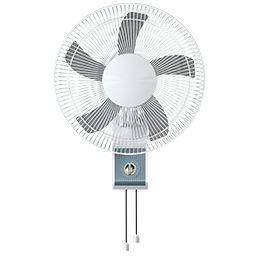

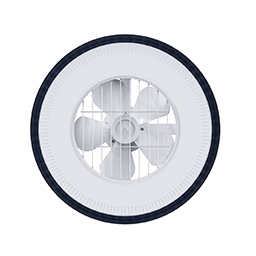
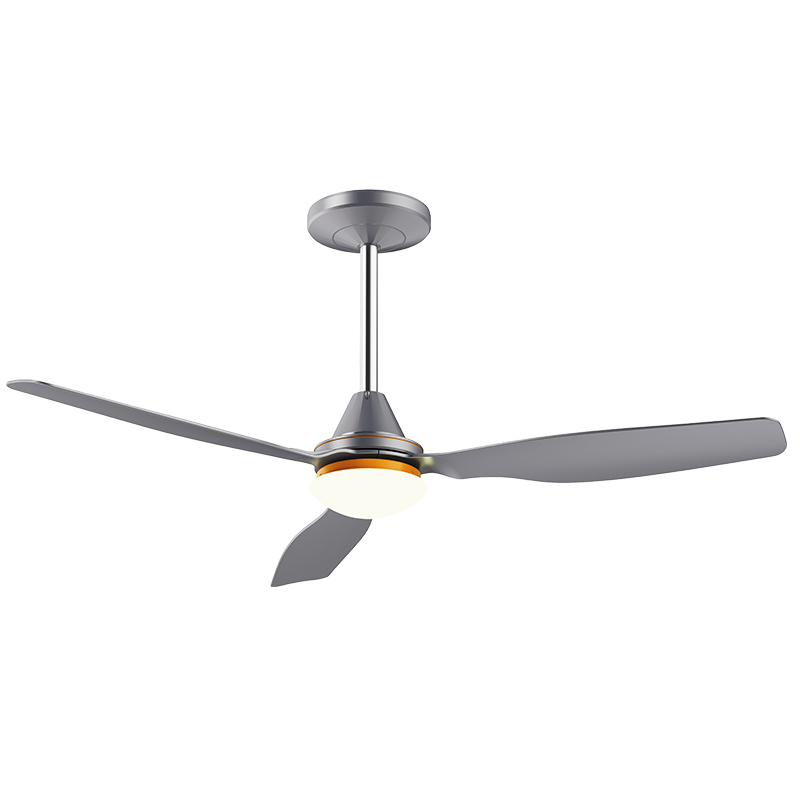
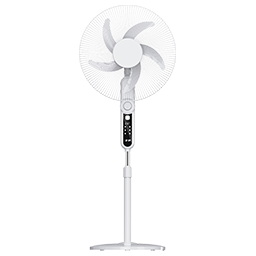
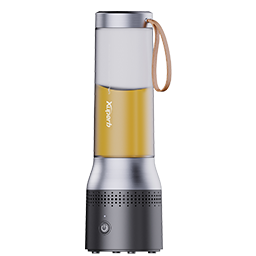
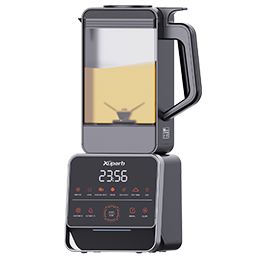

发表回复